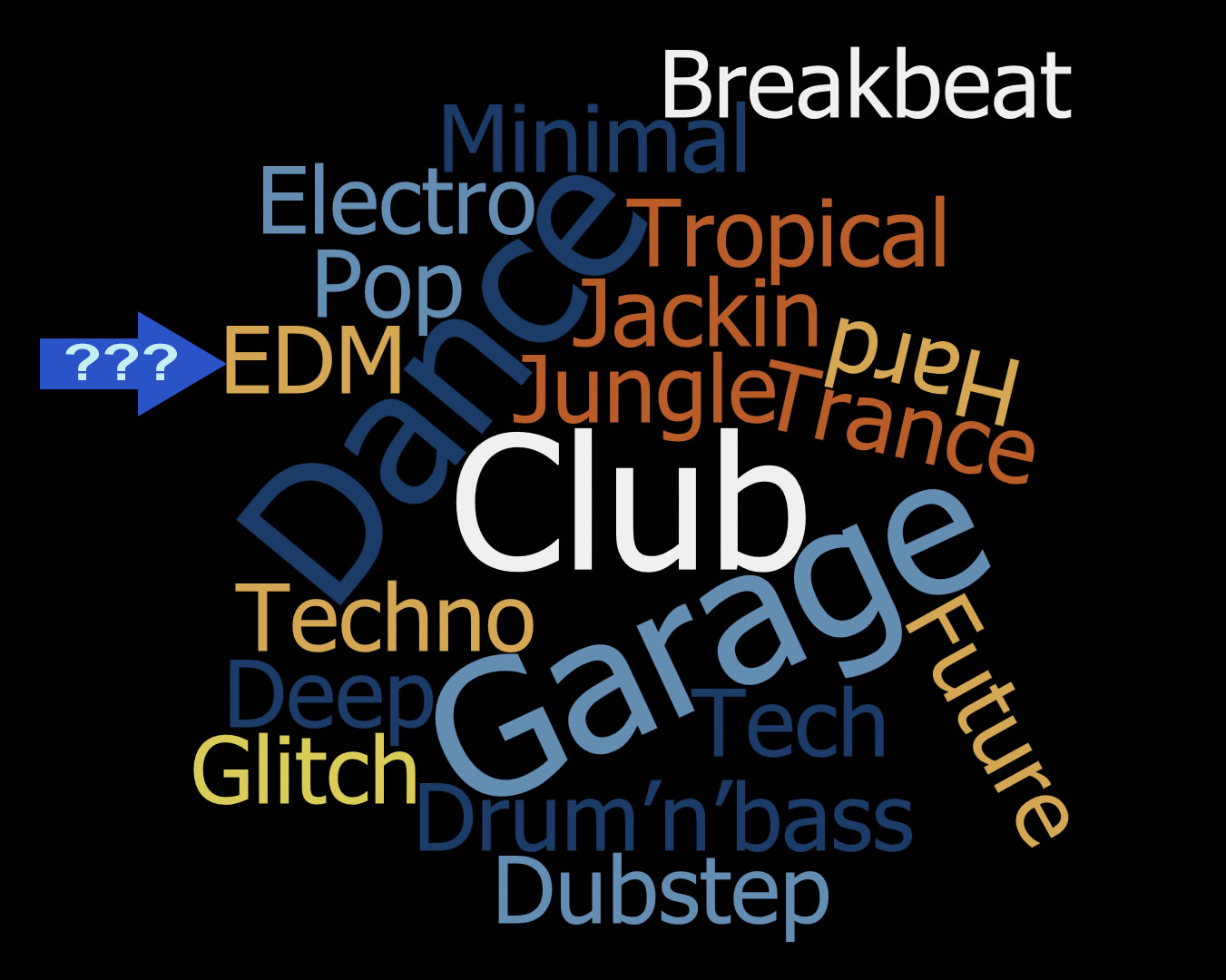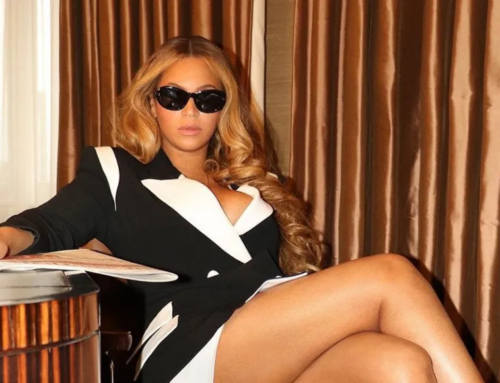I’m going to burst your bubble here: EDM is not a valid genre of music. It’s not. It’s art, it’s culture, it’s a movement. But it sure as hell is not a genre of music, and I’m not even sure I’d go so far as to call it ‘music.’
Now, before you get all up in arms, the validity of EDM, and its impact on an international scale, is not being called into question here. I’m not saying you shouldn’t enjoy it, produce it, share it, fuck to it, do whatever. I’m just one guy that happened to not be on molly at Global Dance Festival, which I feel gives me an outside perspective on what’s really going on. There’s a comment section down below and a beautiful thing called social media where you can freely express your repulsion of my argument, but hear me out.
According to Google, music is “the written or printed signs representing vocal or instrumental sound.” A genre of music that is completely dependent upon an outside source, such as electrical power, or chord progressions written on acoustic instruments and then incorporated into an electric format or dubbed over, simply cannot stand alone as a genre. It doesn’t have the feet underneath it to fully support itself. Can you produce, listen to, or even define EDM without electrical power? Can you strip it down and perform it acoustically? Can you transcribe it on a tablature pad without taking out the electronic element of the final product? No.
What EDM is, and what it represents to those of us outside the bubble, is culture. For better or worse, the culture of EDM has brought together millions of people across international and generational lines to celebrate their appreciation of a lifestyle characterized by sound, dancing, and togetherness.
Ask yourself this – when you’re at a club, are you there for the music or are you there for the scene? I’d bet good money that it’s the latter, and I’d like to call your *Facebook posts and late night text messages up to the stand as my lead witness. What got you talking sure as hell wasn’t the melody of the music. It was the light show, the vibe, the go-go dancers, the innovative overdubbing, and the way your trip peaked right at the same moment the fattest breakdown of the night hit.
Twenty years from now, when you’re struggling to recall all those hazy memories of club nights past so that you can have some sort of recollection of what happened in your life between the ages of 14 and 30, it’s not going to be the technical skill of your favorite house artist that you remember. It’s not going to be their equipment or background or your favorite song. When that light clicks and those memories start to trickle in, what will come to mind is that you were a part of a movement, and it felt damn good.
What I’ve gathered from late night experiences at festivals, riding in cars with friends jamming the newest Pretty Lights track, or from editing columns from the EDM writer at the music mag I worked at, is that the biggest draw to the different styles, sub-styles, clubs, and events is the vibe, the sensation, that invisible aura that is present within the people that are living through the sounds. This translates into a feeling, which then becomes a memory, which then helps to frame an overall outlook on life. That sick bass drop or wicked hook made you feel a certain way. But you’ve never called into question the technicality of what the DJ or producer is doing. Whether or not they are classically trained. EDM isn’t Beethoven, bro, and David Guetta didn’t go to Berklee College of Music. Do you call DJs musicians? Or do you call them artists?
EDM has soul, it has character, and it against the predictions of many people including myself, it’s had an impressive impact on popular culture. All of this may be a beautiful thing.
But it’s not a genre of music.




